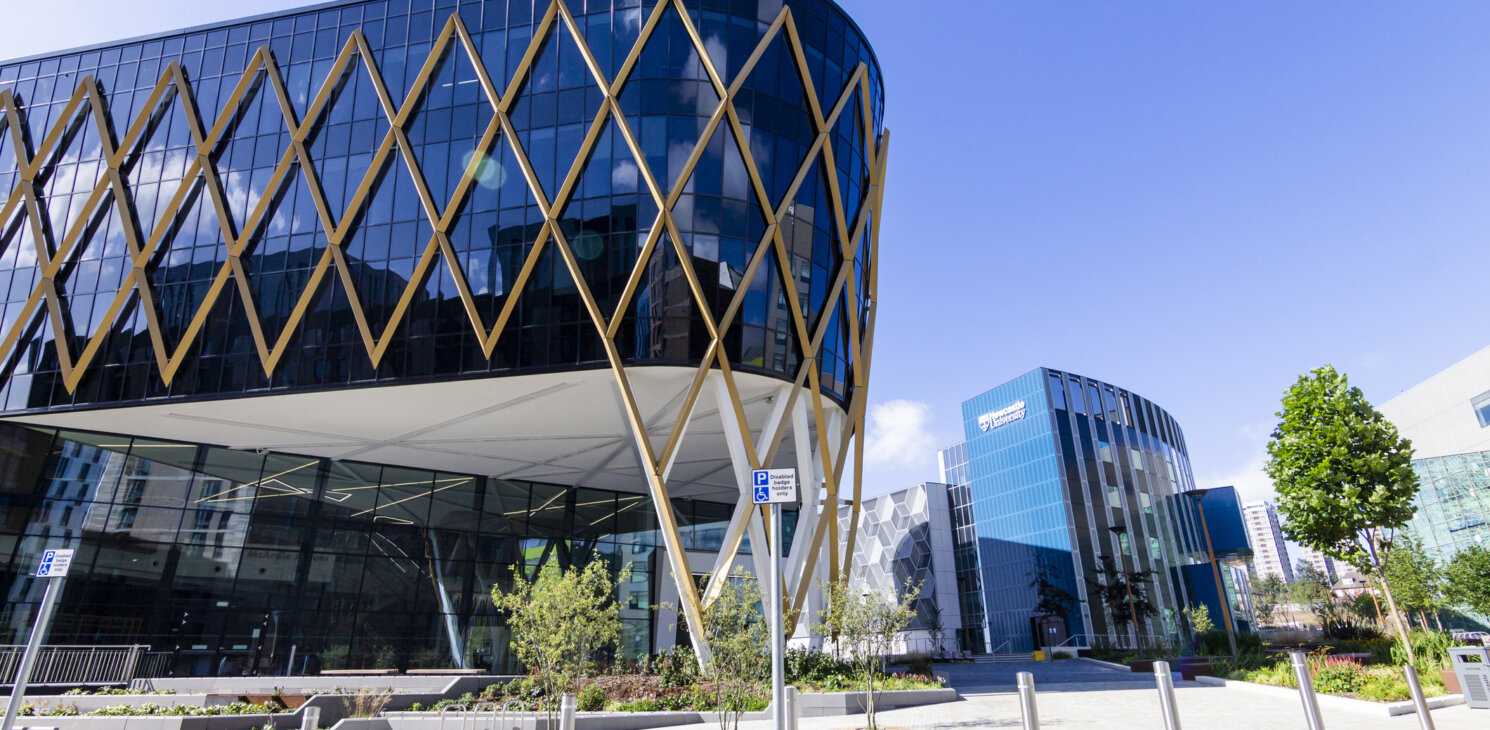
Professor Candy Rowe, Dean of Research Culture and Strategy at Newcastle University, and Dr Vi Parker, Organisational Development Project Lead, introduce Behaviour Matters – an ambitious two-year project to promote positive behaviours across the organisation.
There are many examples of great teamwork and colleagues supporting the careers of others at Newcastle.
However, at the same time, evidence from a variety of sources identified a need to improve behaviours and better understand instances of bullying, discrimination, prejudice, and other types of inappropriate behaviour in the institution.
Over the last 18 months an institutional Research Culture Survey has been carried out.
In addition an independent listening exercise, facilitated by an external consultancy, was undertaken with individuals and focus groups with representatives of the whole University research community, including students, senior managers, academics, and professional services colleagues.


The Behaviour Matters Project builds on established programmes such as “Leading Through Values” and “Active Bystander” and the development of an online Equality, Diversity and Inclusion (EDI) Toolkit.
The new project will take a more holistic and bolder approach, tackling difficult issues directly. It will be wide-ranging, encompassing the support of senior leaders and the language we use to talk about inappropriate behaviours. It will be practical in its application with training and workshops, consider the reporting and supporting processes and mechanisms, and review our policies and guidance.
For 2024, our main aims will be to:
- develop resources and networks to power culture change
- raise the visibility of Behaviour Matters and the challenge we are taking on
- ensure that our policies and procedures are fit for purpose.
We will achieve our aims by engaging with our community and co-creating new material to define and help colleagues talk about inappropriate behaviours. We will collect data to help identify problem areas, reviewing and, where necessary, updating our policies and report and support systems.
Additionally, we will develop training for managers and leaders to improve their ability to support early intervention, as well as recognise and acknowledge positive behaviours. The project will be supported by Enhancing Research Culture funding from Research England, though, our aim is to create positive change for everyone at Newcastle University, regardless of role.